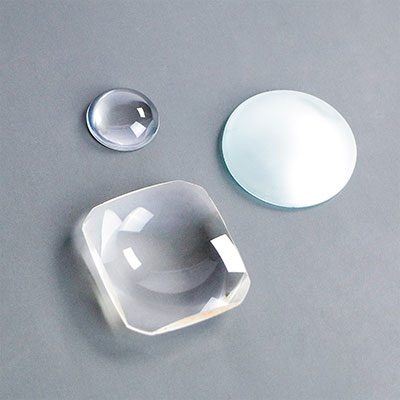The quartz glass itself is an acidic material, except for hydrofluoric acid and hot phosphoric acid, it is inert to any other acid, and is a very good acid-resistant material. The corrosion of quartz glass by alkalis and salts at room temperature is also slight, so the use of quartz glass in these reagents is not excluded.
Transparent quartz glass has a better chemical stability than opaque quartz glass due to the increased surface area of the latter exposed to the corrosive solution due to the presence of air bubbles.
Quartz glass does not absorb moisture and does not weather. Quartz glass is very sensitive to all alkali and alkaline earth compounds, and minor traces of these compounds can cause quartz glass to precipitate at high temperatures.
Precrystallisation is an inherent defect of quartz glass, from a thermodynamic point of view, the internal energy of quartz glass is higher than the crystalline state of quartz, is a thermodynamically unstable substable state, when the temperature is higher than 1000, SiO2 molecular vibration accelerated by a long period of time to rearrange, orientation will be the formation of crystals. Loss of permeability is expressed in terms of the growth rate of the nucleus, opaque quartz glass at 1520, transparent quartz glass at 1620 precipitation rate reached its maximum value.
Crystallisation occurs mainly on the surface, followed by internal defects, the reason is that these places are easy to stain, resulting in impurity ions of the local concentration, especially alkali ions (such as K, Na, Li, Ca, Mg, etc.) into the network caused by the viscosity reduction, contributing to the acceleration of the loss of permeability.

